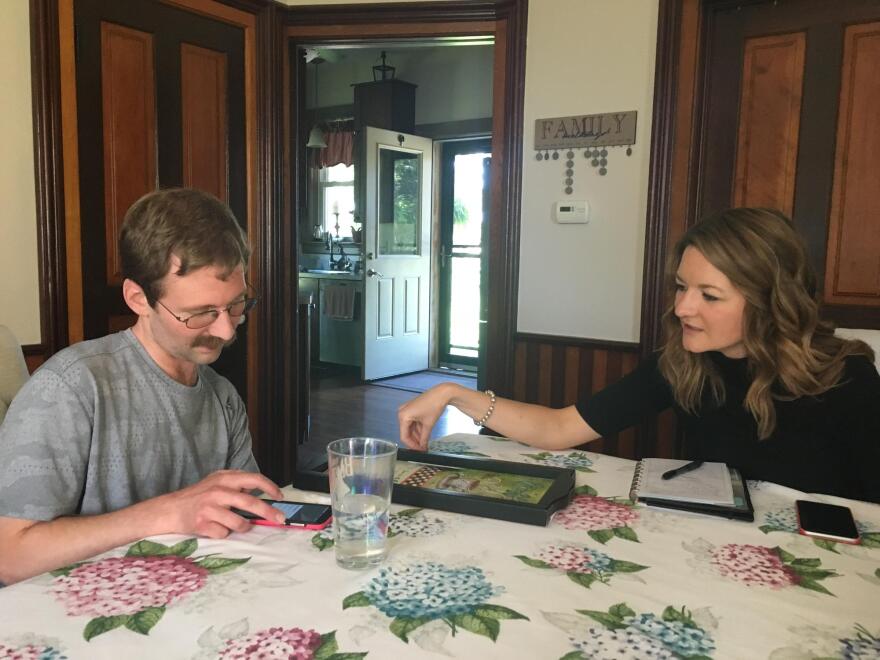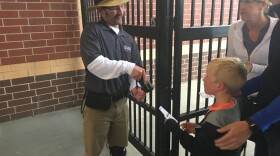Some companies that provide rehabilitation services for people catastrophically injured in car accidents are planning to shut their doors as of July 1.
That's when a 45% cut in medical reimbursements that was included in the 2019 changes to Michigan's auto insurance law takes effect.
"We can't absorb the 45% pay cut and stay in business," says Randal Bruce, President of Aspire Rehabilitation Services, a residential treatment center in Troy. The agency provides everything from housing to physical therapy to counseling. "It's just impossible. We looked at everything we could, there's just no way to do it."
As of June 30, Aspire's 20 residents will need to find other places to live that can provide care for their traumatic injuries, and the company's 50 employees will be out of work.
The scenario is likely to play out across the state, as more and more companies that provide rehabilitation under Michigan's unique, former auto insurance law find they can't make ends meet on the lower payments.
"If action isn't taken by June 30th, we are going to see a system that has been built up over 40 years and that has done a wonderful job, completely collapse, and thousands of patients will be without care," says Bruce. "It's a tragedy that does not have to happen."
A survey by ROI Insight on behalf of the Michigan Brain Injury Provider Council estimates job losses could reach 5,000.
Worse, advocates say, the 6,500 patients currently receiving lifetime medical care under the old law are likely to see dramatic cuts in quality of care and availability of care.
Thomas Constand is President and CEO of the Brain Injury Association of Michigan.
"We told them (legislators) what happens in other states to these car accident victims, and pointed out that will happen here, and they wouldn't listen," he says.
Constand says in most other states, patients severely injured in car accidents end up on Medicaid. Most rehabilitative professionals don't accept Medicaid because the reimbursements are so low they can't stay in business. So, he says, the patients end up in nursing homes with virtually no rehabilitation.
"They get three meals a day, and a change of sheets," he says baldly.
Constand says there may not be enough room to absorb many of these kind of patients at nursing homes, so some people may have to be transferred and live in a hospital while awaiting a bed in a long-term facility.
Defenders of the new law say it will lower insurance rates for most drivers. Some claim rehabilitation agencies were charging excessive rates.
Randal Bruce of Aspire says that's not true.
"My business was making a 10% profit margin," he says. "You have to see some kind of a profit margin in order to stay in business."
Meanwhile, attorneys who handle auto accident cases say they fear many people will not realize the dangers of the new law until it's too late.
The new law permits a person severely injured in a car accident to sue the at-fault driver. If the at-fault driver carries only $250,000 in liability on their policy, for example, and the injured person needs medical care above that amount, they can sue the at-fault driver to cover those costs.
Critics of the law also say another issue is that even people paying for unlimited lifetime medical care on their policies could find that many caregivers have left the market, so the promise of care could be on paper only.
Bills to amend the auto insurance law to restore the medical reimbursement cuts are languishing in committees in the state House and state Senate.
The chairs of the committees, State Senator Lana Theis (R-Brighton) and State Representative Daire Rendon (R-Lake City), did not respond to emails asking if they plan to give the bills a hearing.








